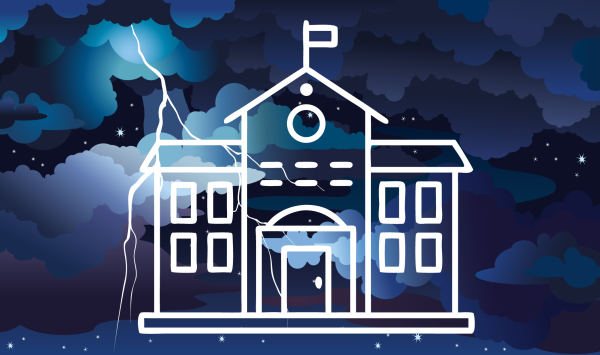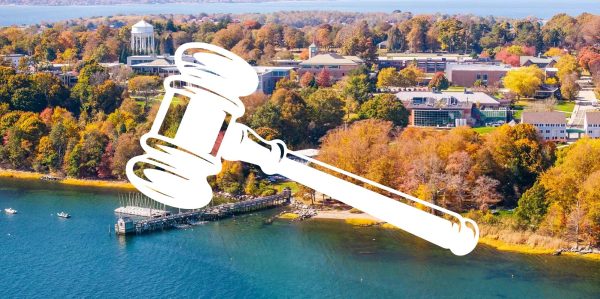Pandemic disrupts counseling services
The Roger Williams University Counseling Center had a drop in the number of counseling sessions offered virtually to students in the fall of 2020 due to the pandemic, according to new data released by the university.
Last semester saw 22% fewer individual therapy sessions offered compared to the fall of 2019 when students could meet a counselor in person, said Dr. Christopher Bailey, a psychologist and Director of the Center for Counseling and Student Development.
“This is true nationally and there are a lot of theories why,” Bailey said. “One, in spring 2020, many people found treatment providers at home when they left school and stayed with them for the remainder of 2020. Two, some people don’t like virtual sessions and three, students were stressed in the fall with trying to adapt with masking, physical distancing and remote learning and maybe counseling wasn’t the first thing on their minds.”
A session is typically 50 minutes long and is completely confidential. There are 12 counselors — six full-time and six part-time — as well as one psychiatrist on staff.
But this spring semester so far has seen a 36% increase in counseling sessions since last fall, Bailey said. When compared with the disrupted spring semester of 2020, this semester had a 13% increase.
Last fall, the Counseling Center added a crisis phone service for after-hours, weekend and holiday use for students, administrators, faculty and staff. Callers follow prompts and are immediately connected with a clinician who can provide crisis intervention.
The top three reasons why people seek counseling services are stress and anxiety, depression and relationship problems.
Bailey said the 2020 presidential election was a topic that came up during counseling sessions with students last fall, a sign that it may have been a significant stressor for some students.
“The buildup to the election, the aftermath of the election and the insurrection caused a lot of stress on many of the clients,” Bailey said.
Fear and uncertainty surrounding COVID-19 and social justice issues were also cited as mental health concerns by students. Students expressed awareness of the social disparities in health that put Black and Latino people at disproportionately higher risk of serious illness from the virus.
“A high number of clients of any race are very preoccupied by the events and discussed it in the sessions,” Bailey said.
The Jed Foundation conducted a study at the start of the fall 2020 semester, which found that 82% of students are dealing with anxiety, 63% with depression and 60% have difficulty coping with stress. 63% of students also said the pandemic has negatively impacted their emotional health.
The Hawks’ Herald requested data on the number of requests for an appointment in the past year, but Bailey said the university does not track appointment requests.
“We know we are able to provide services to the vast majority of students who request them from the Counseling Center,” Bailey said.
The university has avoided a waitlist for the Counseling Center for the past five years, despite waitlists being relatively common at other universities. If someone were to call on a Monday, they should expect to get an appointment the following Monday, unless any cancellations arise.
There are no in-person visits because of the pandemic, but students can call the center between 8:30 a.m. and 5 p.m. on weekdays to make an appointment and speak with a counselor.
To reach the Counseling Center, call (401) 254-3124.





